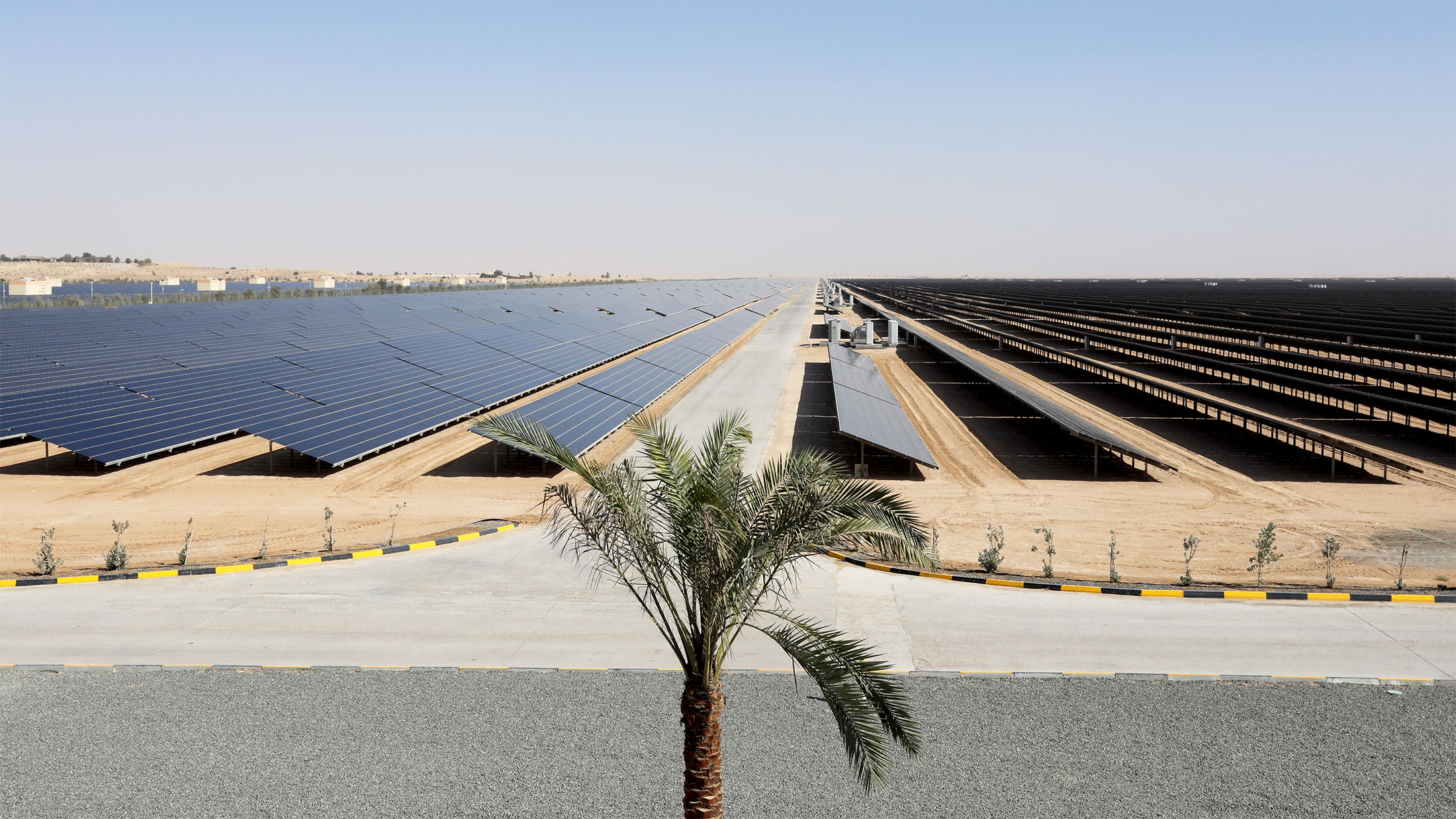Scaling the GCC’s energy sector is no small task: governments across the region have already revealed plans to spend close to $1.5 trillion in the next 15 years to expand capacity, accelerate renewables, and upgrade infrastructure. Yet there’s another challenge that must be addressed: keeping this massive capital investment within the region.
About 90% of spending is expected to be channeled through lump-sum, turn-key engineering, procurement and construction contracts in a market dominated by international players.i While they bring needed expertise and proven ability to build and operate large-scale projects, their preference to secure materials and equipment from their own domestic, lower-cost markets can remove value from the GCC and limit the opportunity to grow regional supply chains.
In addition, international companies often draw on the experience of their global engineering centers, which may hamper the development of the kind of in-country capabilities required to meet the future needs of GCC economies. And with countries around the world undertaking similar initiatives and competing for the same expertise, failing to develop domestic capabilities risks leaving the GCC unable to meet the expected ramp-up in demand during the next decade.
While these are significant challenges, this unique moment also presents an opportunity. By establishing “National EPC Champions,” GCC governments can make local content contract requirements more effective, empower the development of supply chains and talent, attract much-needed execution capacity, and be a focal point for coordination across a complex web of stakeholders. We recommend four actions:
-
Demand standardization to unlock economies of scale
Many energy and water infrastructure projects have similar design and material requirements. For example, the use of pipes and valves in fluid transmission and storage projects are common across the oil and gas, power, petrochemicals and water sectors. Guaranteeing revenue for companies designated as National EPC Champions by allocating “seed projects” would create visibility into demand, with standardization of designs and materials unlocking economies of scale and reducing project cycle times.
-
Localize supply chains to capture spending
Our research indicates that for every $100 spent on EPC projects, around two-thirds goes towards the procurement of equipment and materials. With National EPC Champions more tightly controlling the engineering phase, sourcing from local markets can be prioritized, in turn securing the demand needed to make localization commercially viable. Enabling suppliers with incentives and demand off-take schemes could ensure a significant share of overall EPC spending is retained locally.
-
Consolidate human capabilities to build the talent pool
Nationalized energy and water operators today have in-house engineering and project management capabilities catering to their business’ specific needs. Consolidating these capabilities within EPC champions to reduce fragmentation may build a critical mass of talent, creating high-skill job opportunities and achieving better resource utilization, especially as various sub-sectors experience different capital intensity cycles.
-
Transfer knowledge to enhance capacity
Several GCC economies have domestic players in the energy and water EPC sectors. These players need to increase their technological capabilities, acquire deeper experience and the financial strength to deliver major projects, which will then put them in consideration for key tenders. By facilitating joint ventures between domestic EPC champions and international players, governments could enable the transfer of capabilities and attract more capacity into their markets.
Developing major infrastructure is always challenging, and projects of the magnitude required across GCC economies demand international involvement. But we know from experience it is possible to balance needs and wants. In the 1970s, for example, South Korea experienced a wave of economic growth during which it prioritized local EPC companies—such as Hyundai and Samsung—in the construction of domestic infrastructure.ii It sometimes required trading short-term cost savings for longer term benefits, but the emergence of these companies as international giants underscores the opportunity National EPC Champions focused on their respective national energy and water sectors present as a possible solution. The next wave of capital investment in the GCC’s energy sector is coming quickly—now is the chance to act.
This article originally appeared in Oil & Gas Middle East, September 2024.
In the news
Keep it at home: Capturing value in the GCC energy EPC market
Scaling the GCC’s energy sector is no small task: Governments across the region have already revealed plans to spend close to $1.5 trillion in the next 15 years to expand capacity, accelerate renewables, and upgrade infrastructure. Yet there’s another challenge that must be addressed: keeping this massive capital investment within the region.

Contact us


















Menu